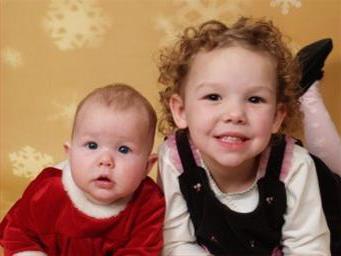PLEASE NOTE that this turf is ASTROPLAY, not the Fieldturf that is currently in Ripon...
Odessa stadium among those with high levels of lead in artificial turf - Thursday, December 18, 2008
DALLAS — Some of the most hallowed ground in Texas — the artificial turf on its high school football fields — may also be toxic. Fields in two of the state's best-known high school stadiums, including the one made famous by the book and movie "Friday Night Lights," have lead levels far exceeding the Environmental Protection Agency's standard for soil, according to independent tests within the last month. The results, obtained by The Associated Press, are the first public indication that Texas' prized high school stadiums have become part of the national controversy over whether artificial turf contains unsafe levels of lead. Testing commissioned by the Ector County school district on the turf at Odessa's Ratliff Stadium found lead at roughly 14 times the EPA standard. Similar testing by the Birdville school district in North Richland Hills discovered a lead level nearly 10 times the EPA standard at its Fine Arts/Athletics Complex.
Ratliff Stadium, which has a capacity of 19,500, has become part of Texas football lore and national popular culture as the home of the Permian Panthers, winners of six state championships and the team profiled in "Friday Night Lights." Thestadiums have the same brand of turf, AstroPlay. The high lead levels were found in a secondary layer of nylon fiber at the base of the fields called the "root zone." Neither test found significant lead levels in the uppermost fibers. However, testing at the Birdville stadium found about twice the EPA limit for lead in drinking water in runoff from the field, an indication that the lead is being released. The lead in artificial turf comes from lead chromate, which until recently was widely used in the pigment that colors the nylon or polyethylene fibers.
Artificial turf manufacturers say the danger is overblown because the lead is largely contained in the fibers. But critics contend that the fields present a risk as they degrade due to use and sunlight. AstroPlay was the major "infill" product manufactured by Southwest Recreational Industries Inc., a Leander company that went out of business in 2004. More than 200 of Texas' 1,154 high school stadiums have artificial turf, according to Bob McSpadden, who has a Web site devoted to the state's stadiums. The Ector County and Birdville school districts were the only districts among more than a dozen in Texas contacted by the AP that had tested their fields. "We're not burying our head in the sand," said Joe Loerwald, athletic director for the Round Rock school district, which has an AstroPlay field. "But, at the same time, we don't see it as a prevalent problem."
Thursday, December 18, 2008
Some Texas high school fields may be toxic
Posted by
Aaron Kramer
at
12/18/2008 03:22:00 PM
![]()










